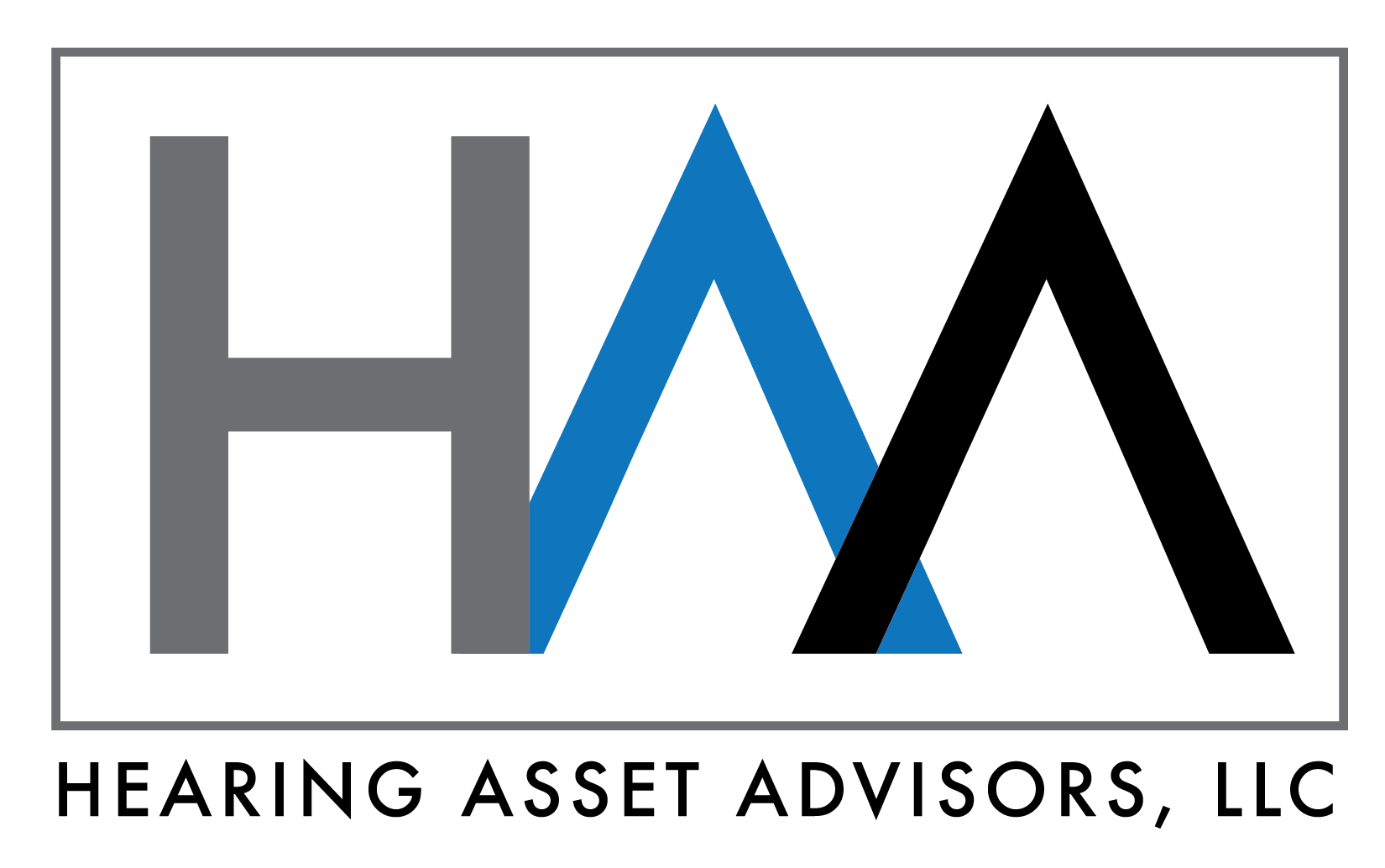Tax Impact When Selling Your Business
The purpose of this article is to demonstrate the importance of the tax impact in the sale of your business. Of course it is critical that both buyers and seller consult their CPA or tax attorney before entering into any transaction.
Business owners should be aware that many buyers of businesses are experienced in making acquisitions and are likely to have completed several transactions. They are typically savvy in negotiating their position to achieve the best possible outcome, especially as it relates to the tax treatment of the sale and acquisition. They are committed to making acquisitions and have surrounded themselves by a team of experienced merger and acquisition professionals. These include a CPA, tax attorney, insurance specialists, real estate advisors and other industry experts. Sellers on the other hand are likely to have little or no experience with the only sale being the one involving their family business. Their “team” consists of their outside counsel who is a generalist and their accountant or CPA who does their tax filings, an occasional financial statement for bank purposes and has been the business accountant for many years. It is important that the seller’s team be robust and ready to achieve the best possible outcome. The seller’s team often has little or no experience in a business sale transaction.
The buyer and seller have goals which generally conflict. The general rule is that a deal structure that favors a buyer from the tax perspective normally is detrimental to the seller’s tax situation and vice versa. For example, in allocating the purchase price in an asset sale, the buyer wants immediate deductible items achieving the most expedient write-off possible and lowest possible net taxable income. From a tax standpoint he would want to allocate as much of the transaction value to equipment with a short depreciation period and a consulting contract for the seller. The consulting contract is typically treated as any other employee or consultant would and as such is expensed in the period paid. A consulting contract is taxed to the seller as earned income, generally the highest possible tax rate. The difference between the depreciated tax basis of equipment and the amount of the purchase price allocated is taxed to the seller at the seller’s ordinary income tax rate. The seller would prefer to have more of the purchase price allocated to goodwill, personal goodwill, and going concern value. The seller would be taxed at the more favorable individual capital gains rates for gains in these categories.
The buyer’s write-off period for goodwill, personal goodwill, and going concern value is fifteen years. This is far less desirable than the one or two years of expense “write-off” for a consulting agreement.
Another very important issue for tax purposes is whether the sale is a stock sale or an asset sale. Buyers generally prefer asset sales and sellers generally prefer stock sales. In an asset sale the buyer gets to take a step-up in basis for machinery and equipment. The seller prefers a stock sale because the entire gain is taxed at the more favorable long-term capital gains rate. For an asset sale a portion of the gains will be taxed at the less favorable income tax rates.
The form of the seller’s organization, for example C Corp, S Corp, or LLC are important to consider in a business sale. In a C Corp vs. an S Corp and LLC, the gains are subject to double taxation. In a C Corp sale the gain from the sale of assets is taxed at the corporate income tax rate. The remaining proceeds are distributed to the shareholders and the difference between the net proceeds and the stockholder stock basis are taxed at the individual’s long-term capital gains rate. The gains have been taxed twice reducing the individual’s after-tax proceeds. An S Corp or LLC sale results in gains being taxed only once using the tax profile of the individual stockholder.
My goal was not to offer you tax advice. That is the goal of the tax expert of your choosing. Far too often, I see deal structure and allocation not addressed as a critical part of the transaction. In my opinion, it should be a strong consideration when determining the enterprise value and terms which are associated with the sale. It is important to surround yourself with the most talented and experienced legal and tax professionals.
(Anthony J. CItrolo is the managing partner of New York Business Brokerage, Inc. Anthony is a CPA, Certified Merger & Acquisition Advisor(CMAA), Certified Business Intermediary (CBI), a licensed real estate broker, and a member of the NYSSCPA, AICPA, NACVA, Alliance of Merger & Acquisition Advisors(AM&AA), the International Business Brokers Association (IBBA) and M&A Source. For more information contact him at (631) 390-9650, email anthony@nybbinc.com.)
